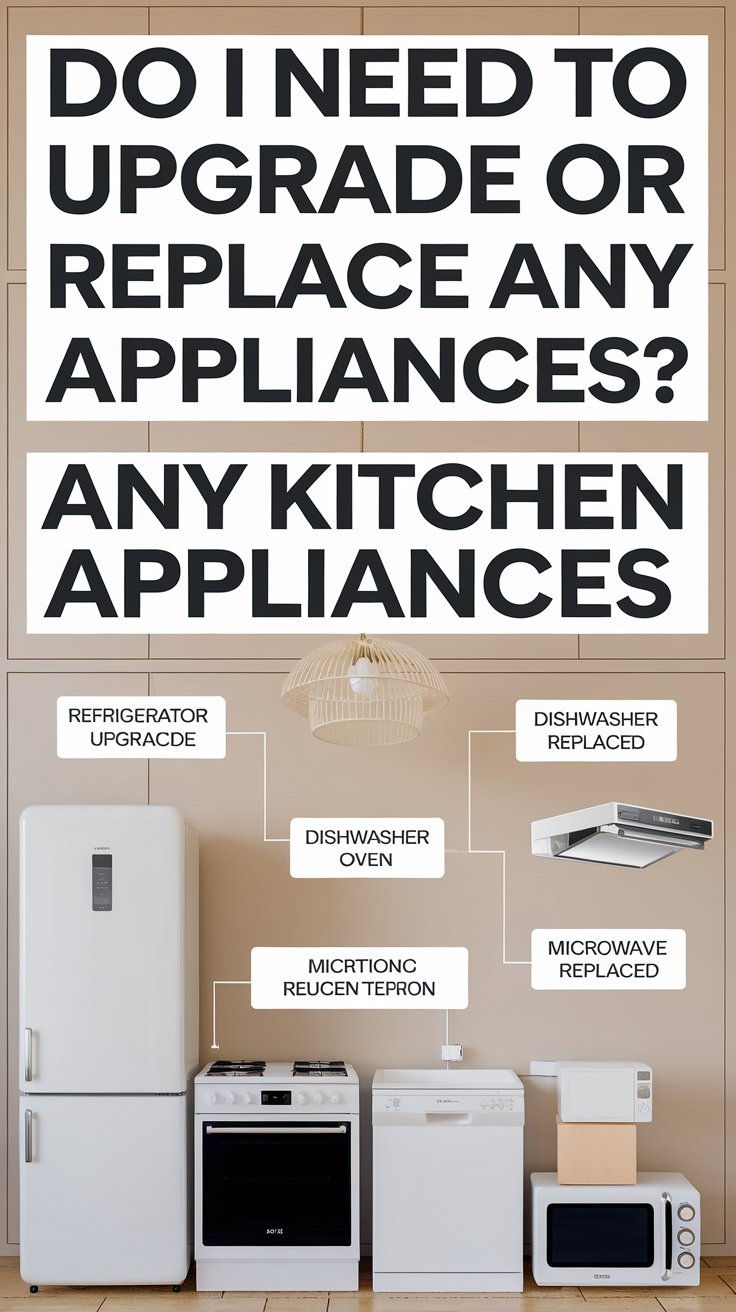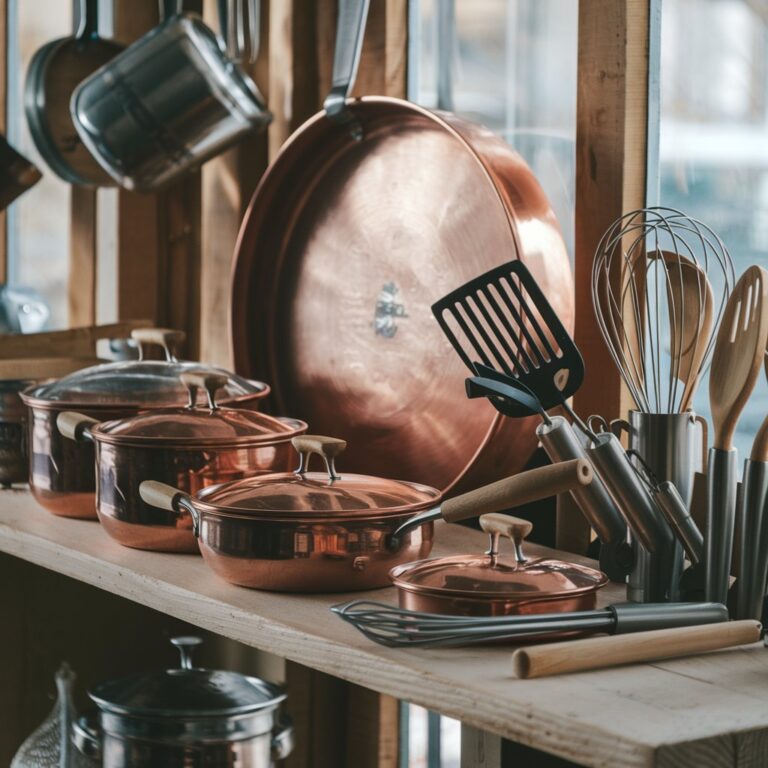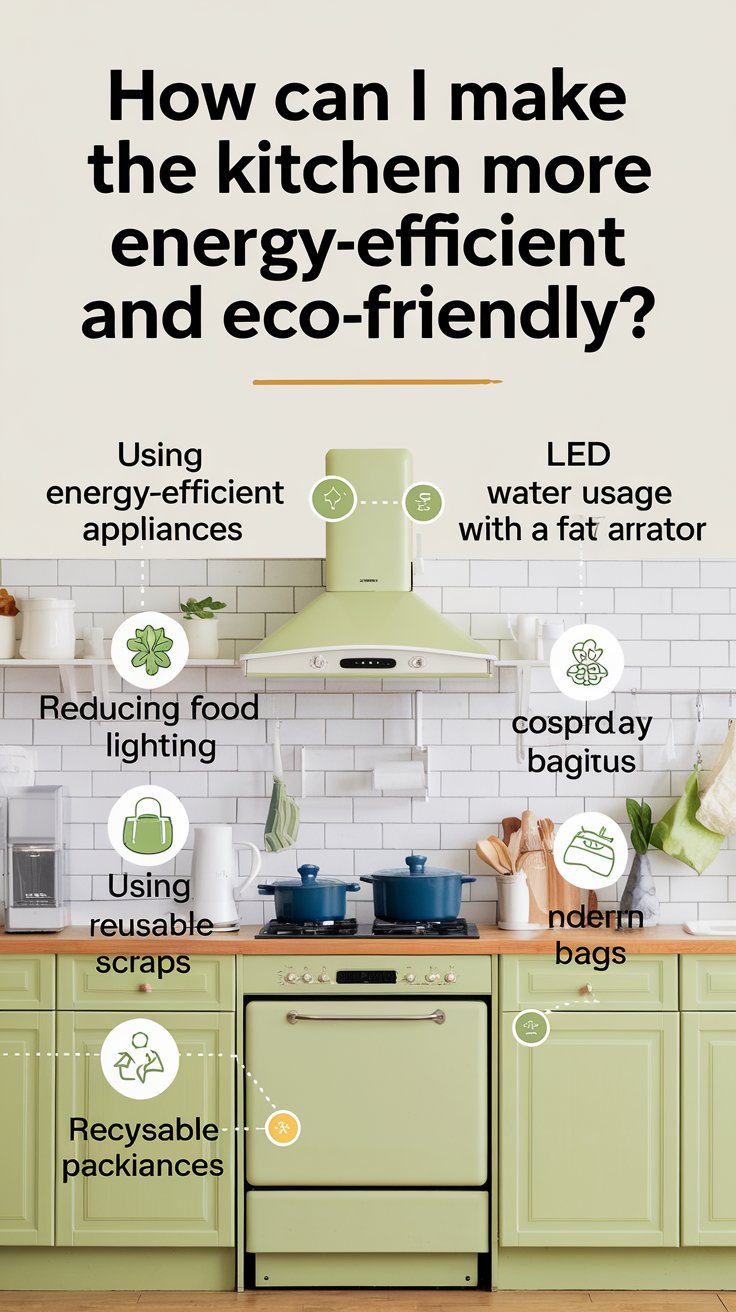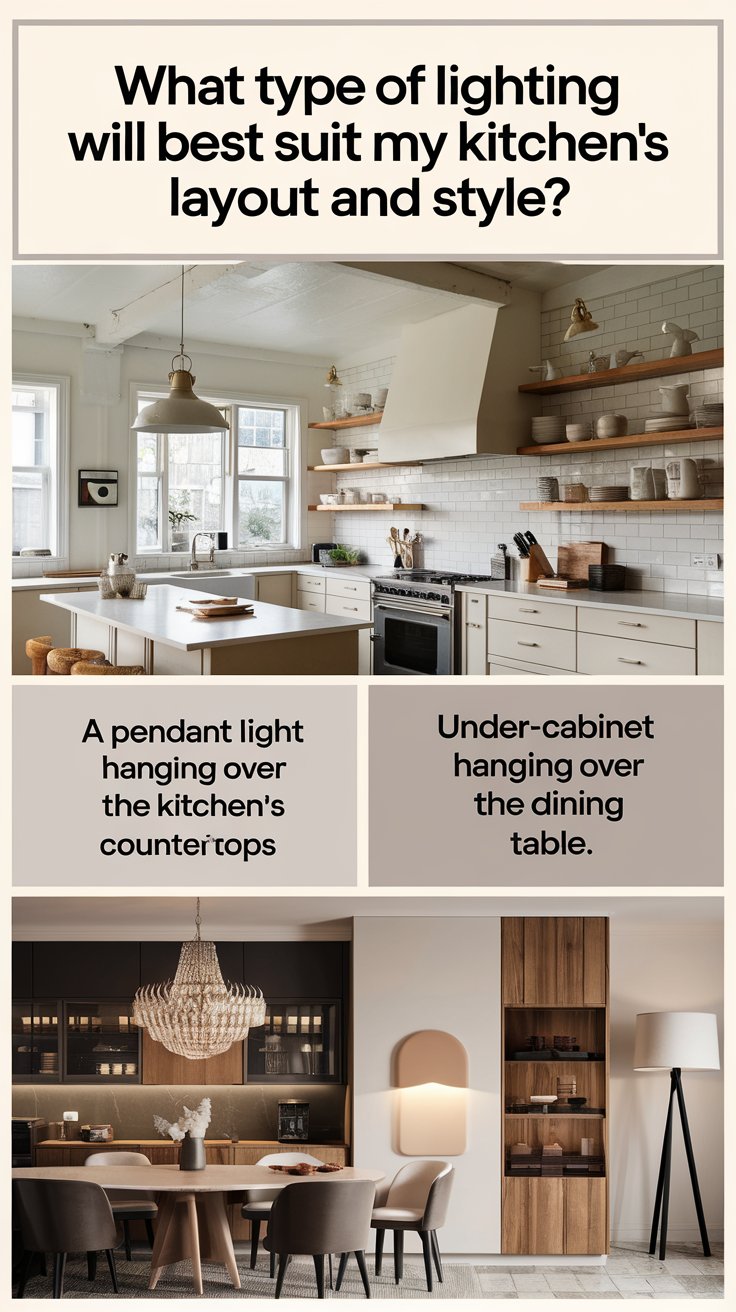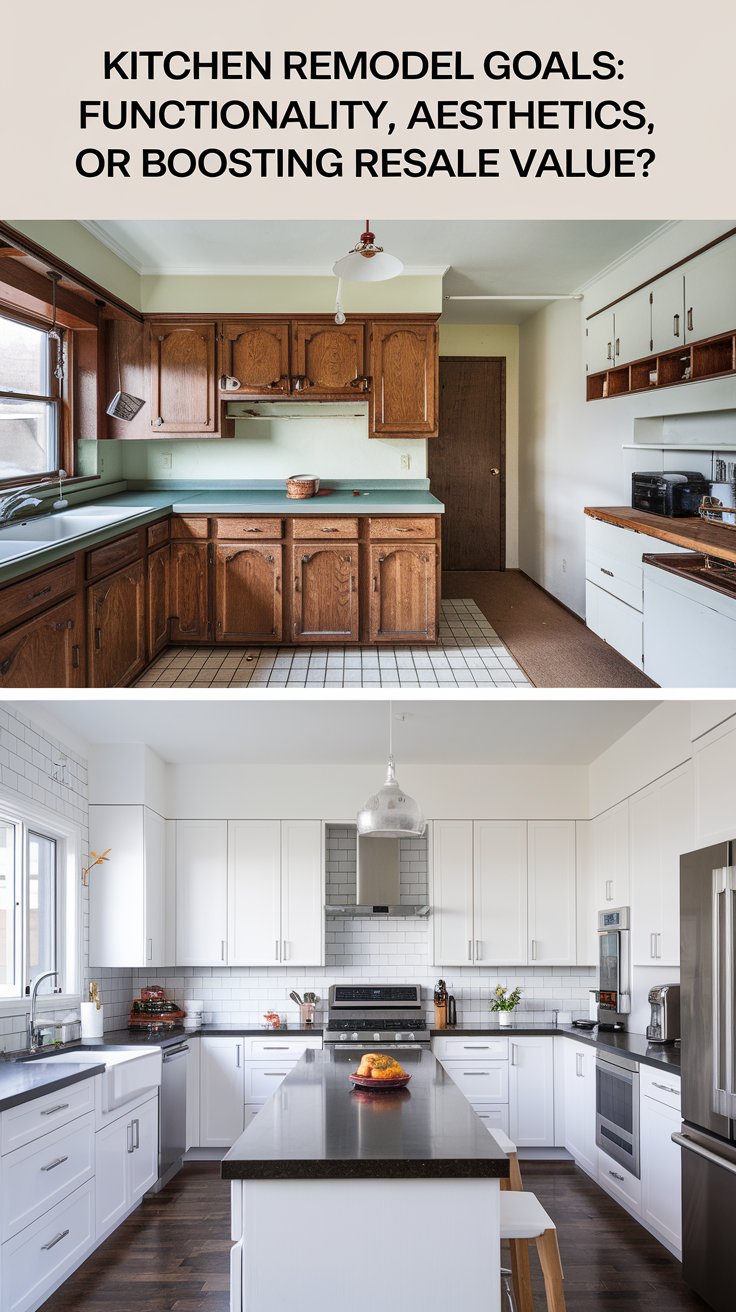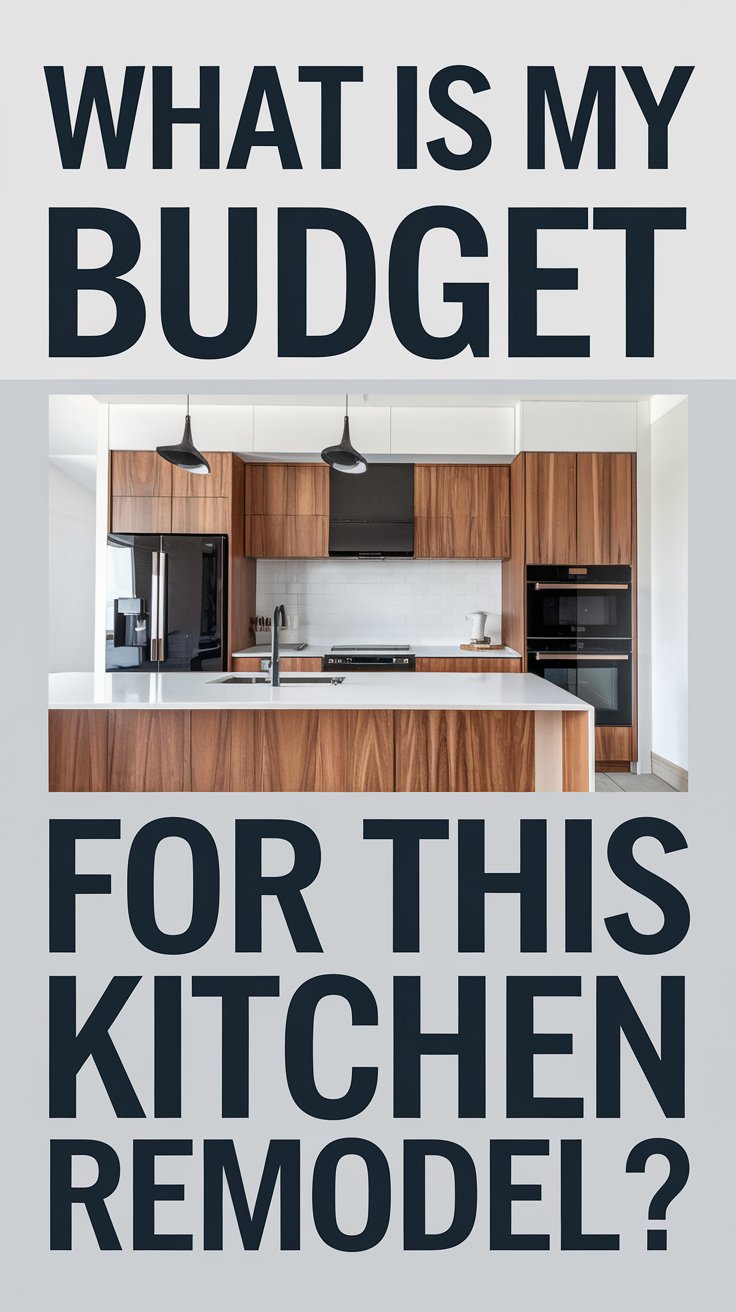The kitchen is the heart of the home, where culinary creativity meets practicality. But how do you know when your appliances need upgrading or replacing? This guide explores the signs to look for, the benefits of upgrading, and tips for choosing replacements.
1. Signs It’s Time to Upgrade or Replace Kitchen Appliances

a. Frequent Repairs
- If your appliances require constant repairs, the costs may outweigh the benefits of keeping them. Older models often fail more frequently as parts wear down.
b. Decreased Efficiency
- Higher energy bills may indicate inefficient appliances. Newer models often boast energy-saving features that can cut costs over time.
c. Outdated Technology
- Appliances lacking modern features, such as smart controls or precision cooking, may hinder your kitchen’s functionality and convenience.
d. Poor Performance
- Inconsistent temperatures in refrigerators or ovens, slow dishwashers, and noisy appliances are clear indicators of aging or failing machines.
e. Safety Concerns
- Faulty wiring, excessive heat, or leaks from appliances like dishwashers or refrigerators can pose safety risks.
2. Benefits of Upgrading Kitchen Appliances
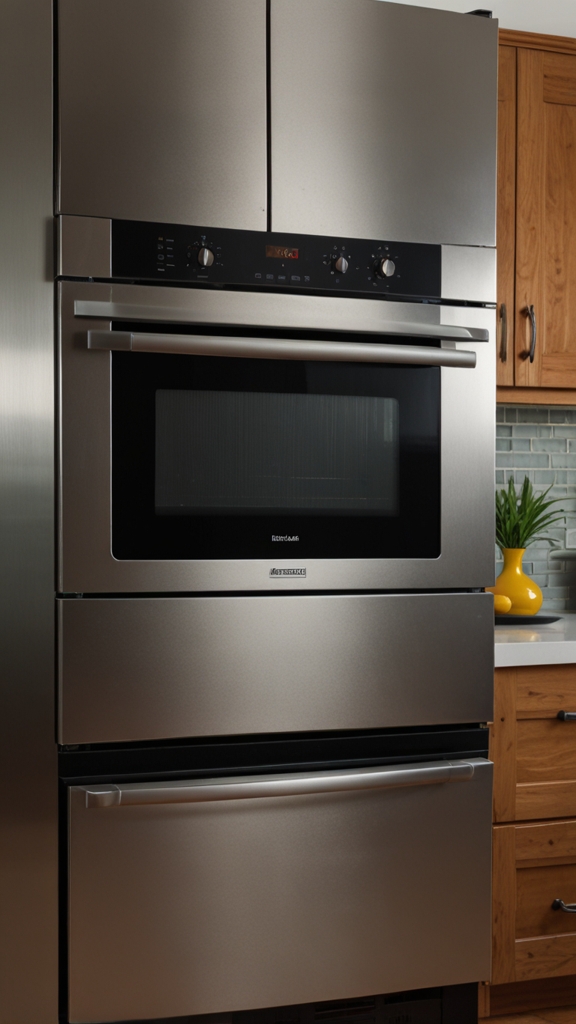
a. Energy Efficiency
- Modern appliances are designed to use less water and electricity, reducing your environmental footprint and monthly bills.
b. Improved Performance
- Enhanced features like convection ovens, induction cooktops, and smart refrigerators improve cooking precision and storage convenience.
c. Increased Home Value
- Upgrading to high-end, aesthetically pleasing appliances can boost your kitchen’s appeal, especially if you plan to sell your home.
d. Time-Saving Features
- Quick preheating, faster dishwashing cycles, and precise settings help streamline kitchen tasks, saving time and effort.
e. Modern Aesthetic
- Sleek, stainless steel appliances or custom-paneled models can elevate the look of your kitchen.
3. Appliance-Specific Insights
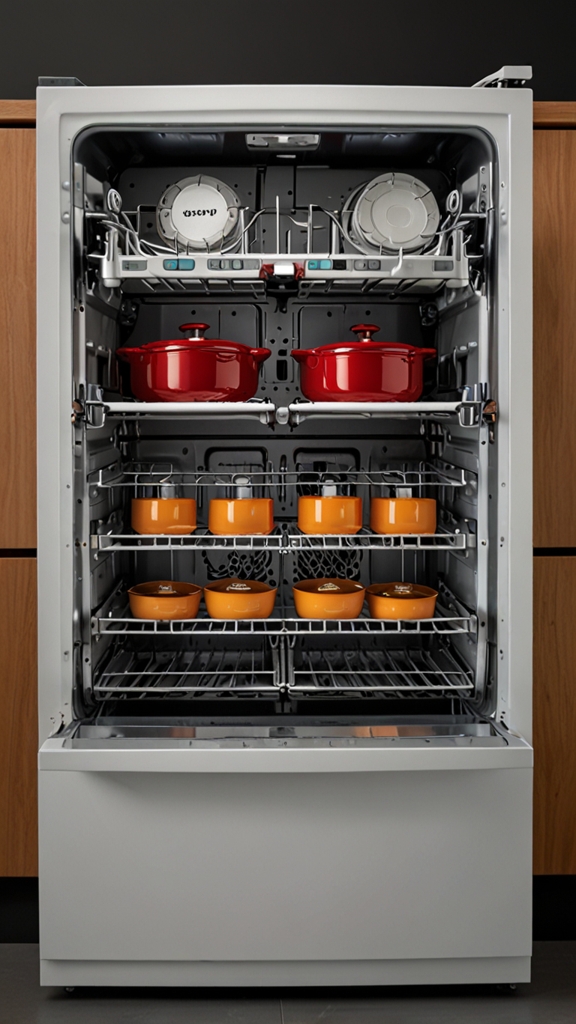
a. Refrigerator
- Replace if it struggles to maintain consistent temperatures or has a buildup of frost.
- Upgrade for energy-efficient models with features like French doors, smart inventory systems, or dual cooling.
b. Oven and Stove
- Replace if uneven cooking or ignition issues persist.
- Upgrade to convection ovens, induction cooktops, or smart ranges for precise cooking.
c. Dishwasher
- Replace if dishes come out dirty or with water spots, or if the appliance leaks.
- Upgrade to models with quiet operation, eco-modes, and adjustable racks.
d. Microwave
- Replace if it heats unevenly or takes too long.
- Upgrade to a convection microwave for versatile cooking.
e. Small Appliances
- Upgrade blenders, mixers, or coffee machines for enhanced performance, durability, or smart features.
4. Factors to Consider When Upgrading

a. Budget
- Determine how much you’re willing to invest. Energy-efficient models may have higher upfront costs but save money in the long run.
b. Space
- Measure your kitchen to ensure new appliances fit properly, especially if upgrading to larger models.
c. Energy Ratings
- Look for Energy Star certifications and other indicators of energy efficiency.
d. Features
- Choose appliances with features that match your cooking and lifestyle needs, such as smart controls, child safety locks, or self-cleaning ovens.
e. Brand Reliability
- Research trusted brands with a reputation for durability and excellent customer service.
f. Warranty
- A good warranty can provide peace of mind and save on repair costs.
5. Tips for Recycling or Disposing of Old Appliances
- Donate: Many organizations accept working appliances to help families in need.
- Recycle: Check local recycling programs for eco-friendly disposal options.
- Trade-In: Some retailers offer trade-in programs for discounts on new purchases.
6. Emerging Trends in Kitchen Appliances
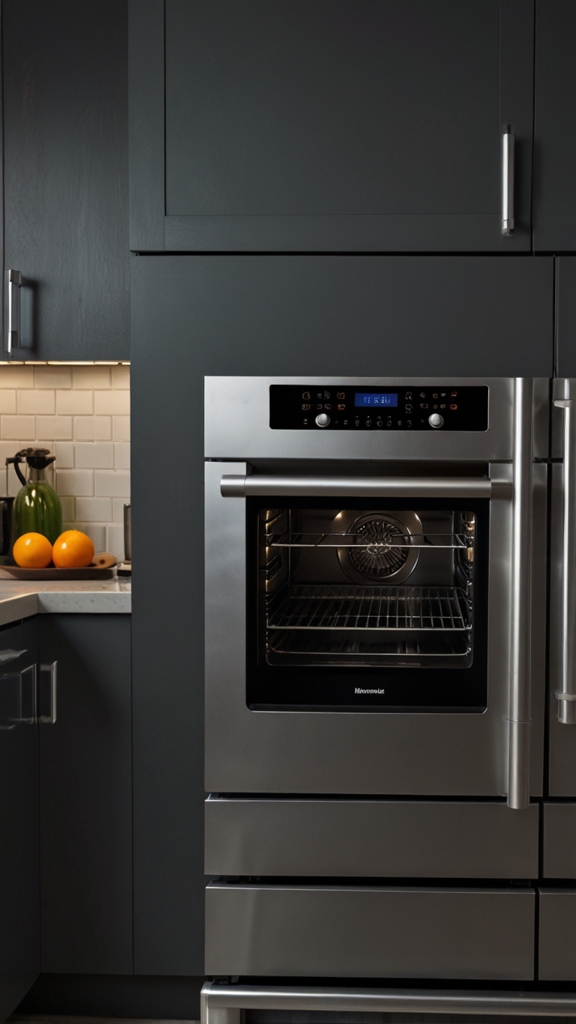
a. Smart Appliances
- Wi-Fi-enabled appliances with app control, recipe assistance, and maintenance alerts are increasingly popular.
b. Sustainability
- Look for models made from recycled materials or with eco-friendly production practices.
c. Customization
- Appliances with customizable finishes and handles can match any design scheme.
7. Final Thoughts
Upgrading or replacing kitchen appliances is an investment in your home and lifestyle. By identifying outdated or underperforming appliances and considering modern options, you can enhance your kitchen’s efficiency, aesthetics, and functionality. Whether you’re cooking gourmet meals or simply reheating leftovers, the right appliances make all the difference.

